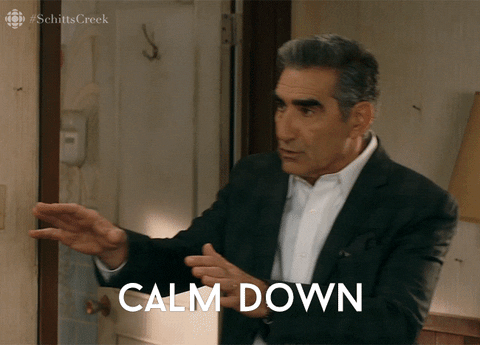Waiting For a Recession
I feel like I’ve been writing about an impending recession for a while now. Looking back, I have posts about stock market uncertainty and preparing for a recession from February. And in recent conversations I’ve had, people still seem to be waiting around for a recession to hit.
Which is a valid sentiment to have.
The Federal Reserve, or the Fed, has the power to influence the overall economy by making money more available or more scarce, which is largely done by raising or lowering banking rates. They’ve continued to raise rates at an alarming rate over the past year and are showing no signs of stopping.
According to surveys, inflation is the number one thing Americans are concerned about today and no other concern comes close. So in an attempt to stop inflation, the Fed seems to think the only option is to send us into a recession. Break the economy to slow inflation.
The only problem is that even though they’ve raised rates at a historic pace over the past year, the labor market isn’t cooperating. A common theme with recessions is that people lose their jobs and unemployment jumps.
The unemployment rate is still low:
In fact, it’s historically low. From 1970 through 2017, the unemployment rate was never as low as it is today. Not once.
Job openings have come down a bit but are still elevated, especially in relation to the number of people who are unemployed and actively looking for a job:
Could this change as the money supply gets tighter and tighter causing more people to start losing their jobs? Of course.
But as of now, things haven’t gotten nearly as bad as most people seem to think they will.
The problem with waiting around for a recession is the dopamine hit in our brains triggers more from anticipation than the event itself. And our behavior is impacted by whether we think a threat is near or far away.
Researchers performed a study where they placed brain scanners on a group of people running through a maze while being chased. They simulated a real-life game of Pac-Man where if they got caught they would experience a shock.
When the threat of a shock was far away, the brain scans showed relative calm. But as the threats got closer, the part of the brain that reacts to fear activated and the participants started to panic. The panic eventually led to the people getting caught and shocked because they were unable to think clearly and navigate the maze.
Media outlets love the idea of an impending recession because it means more clicks and views for their content. As Morgan Housel has said:
“Tell someone that everything will be great and they’re likely to either shrug you off or offer a skeptical eye. Tell someone they’re in danger and you have their undivided attention.”
As more negative outlooks on the economy are published, more people will anticipate a recession which could cause panic and lead to people making less-than-ideal financial decisions.
I’ve given my two cents on how to prepare for a recession several times before, but I’m going to repeat it here because I think it’s good advice.
Instead of panicking with your investments or making radical changes, give yourself a margin of safety with a high savings rate and an emergency fund. Pay your bills on time and keep a good credit score. Be diversified with your investments and don’t put all of your eggs into one basket. Don’t take on too much debt. Avoid lifestyle creep by keeping your personal spending in check.
The thing with this advice is, you should be doing these things regularly anyway, not just when you think there could be a recession coming.
Regardless of if or when a nationwide recession could hit, you could easily have your own personal recession at any time—even when the overall economy is strong. Maybe you’ll lose your job. Maybe your local economy will start to struggle. Maybe you’ll get divorced. Maybe you’ll incur a large unexpected expense. Or you could simply make a poor financial decision that costs you a lot of money.
The point is you don’t prepare for a recession by figuring out the exact start and end dates of the next slowdown in the economy. You prepare by building a financial plan that can survive a wide range of outcomes. You should always keep your financial situation prepared for any curveball life will inevitably throw at you.
Thanks for reading!






